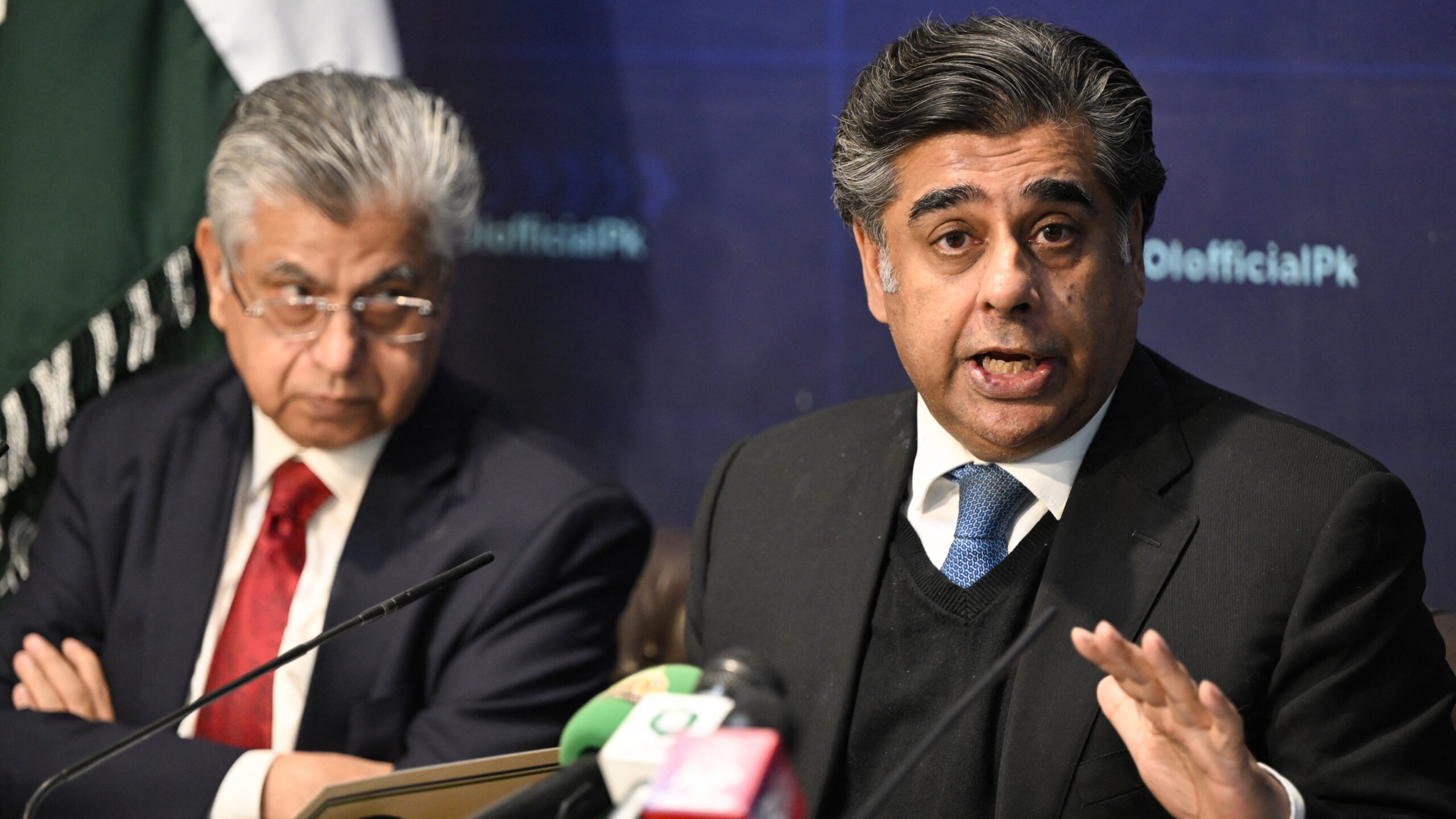Pakistan’s Interior Minister’s announcement regarding the possibility of shutting down the internet upon request from any district or province on polling day has ignited debates and concerns over the country’s democratic process and digital freedom. This significant development, revealed on February 5, 2024, underscores the delicate balance between security measures and civil liberties in the context of elections.
The proposal to potentially suspend internet services during polling day raises fundamental questions about the impact on citizens’ rights, electoral transparency, and the overall democratic process. While the government argues that such measures are necessary to maintain law and order and prevent the spread of misinformation, critics view it as a potential infringement on freedom of expression and access to information.

SOURCE:- NEWS 18
Proponents of internet shutdowns during elections often cite concerns about the dissemination of fake news, incitement to violence, and the manipulation of public opinion through social media platforms. They argue that temporarily suspending internet services can help mitigate these risks and ensure a fair and secure electoral environment.
SOURCE:- ABP NEWS
However, opponents argue that internet shutdowns undermine the principles of democracy and open governance. They contend that such measures restrict citizens’ ability to access crucial information, communicate freely, and engage in political discourse, thereby compromising the integrity and transparency of the electoral process.
Furthermore, internet shutdowns have significant economic consequences, disrupting businesses, financial transactions, and essential services that rely on online connectivity. They also hinder journalists’ ability to report on election-related developments and impede election monitoring efforts by domestic and international observers.
The decision to shut down the internet on polling day should not be taken lightly and must be accompanied by clear criteria, transparency, and accountability mechanisms. Any restrictions on internet access must be proportionate, necessary, and limited in scope to address specific security threats or challenges.
Moreover, alternative measures should be explored to address concerns about misinformation and electoral integrity without resorting to blanket internet shutdowns. These may include robust fact-checking mechanisms, public awareness campaigns, and enhanced cooperation between government agencies, social media platforms, and civil society organizations.
Ultimately, the debate over internet shutdowns during elections reflects broader tensions between security imperatives and civil liberties in the digital age. It underscores the need for policymakers to strike a delicate balance between safeguarding public safety and upholding fundamental rights and freedoms, including the right to access information and participate in democratic processes.
As Pakistan considers the potential implementation of internet shutdowns on polling day, it is essential to engage in open dialogue, consult with relevant stakeholders, and uphold democratic principles and constitutional guarantees. Only through inclusive and transparent decision-making can the country navigate the complex challenges at the intersection of technology, security, and democracy.
Share your views in the comments

